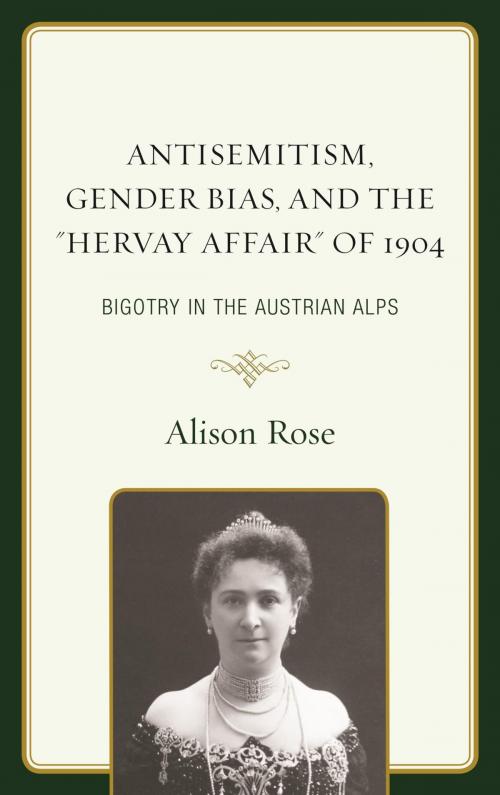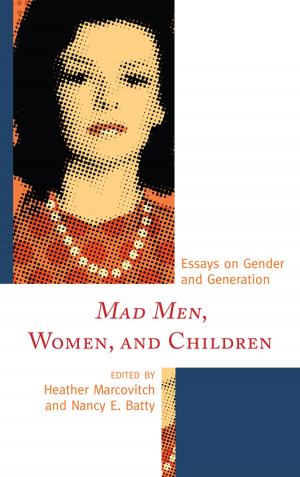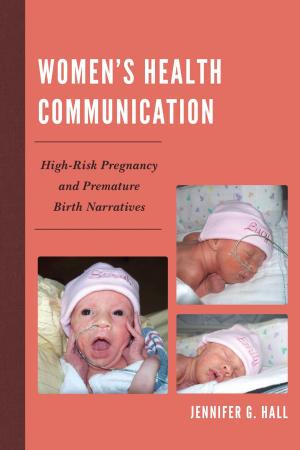Antisemitism, Gender Bias, and the "Hervay Affair" of 1904
Bigotry in the Austrian Alps
Nonfiction, Religion & Spirituality, Judaism, History, Christianity, Church, Church & State| Author: | Alison Rose | ISBN: | 9781498519397 |
| Publisher: | Lexington Books | Publication: | October 19, 2016 |
| Imprint: | Lexington Books | Language: | English |
| Author: | Alison Rose |
| ISBN: | 9781498519397 |
| Publisher: | Lexington Books |
| Publication: | October 19, 2016 |
| Imprint: | Lexington Books |
| Language: | English |
This book examines the antisemitism that flourished outside of Vienna, in Austrian provinces such as Styria, Carinthia, Vorarlberg, Upper Austria, and Tyrol, focusing in particular on gender bias and its relationship to antisemitism. The 1904 arrest and bigamy trial of Frau von Hervay, the Jewish wife of District Captain Franz von Hervay of a Styrian provincial town (Mürzzuschlag), is closely examined to shed light on the relationship between Jews and non-Jews and attitudes towards women and sexuality in the small cities and towns of the Austrian provinces. The case demonstrates that antisemitism influenced popular perceptions of Jews and women at the local level and that it targeted women as well as men. This bookprovides an in-depth study of an episode of Austrian history that had a significant impact on the development of Austrian law; the role of religious institutions; perceptions of Jews, women, and sexuality; conceptions of Austrian bureaucracy and the need for reform; and the relationship between the provinces and the Viennese center. It also provides insight into the public interest generated by sensations such as arrests, suicides, crimes, and trials and the way the press of that time reported on them.
This book examines the antisemitism that flourished outside of Vienna, in Austrian provinces such as Styria, Carinthia, Vorarlberg, Upper Austria, and Tyrol, focusing in particular on gender bias and its relationship to antisemitism. The 1904 arrest and bigamy trial of Frau von Hervay, the Jewish wife of District Captain Franz von Hervay of a Styrian provincial town (Mürzzuschlag), is closely examined to shed light on the relationship between Jews and non-Jews and attitudes towards women and sexuality in the small cities and towns of the Austrian provinces. The case demonstrates that antisemitism influenced popular perceptions of Jews and women at the local level and that it targeted women as well as men. This bookprovides an in-depth study of an episode of Austrian history that had a significant impact on the development of Austrian law; the role of religious institutions; perceptions of Jews, women, and sexuality; conceptions of Austrian bureaucracy and the need for reform; and the relationship between the provinces and the Viennese center. It also provides insight into the public interest generated by sensations such as arrests, suicides, crimes, and trials and the way the press of that time reported on them.















